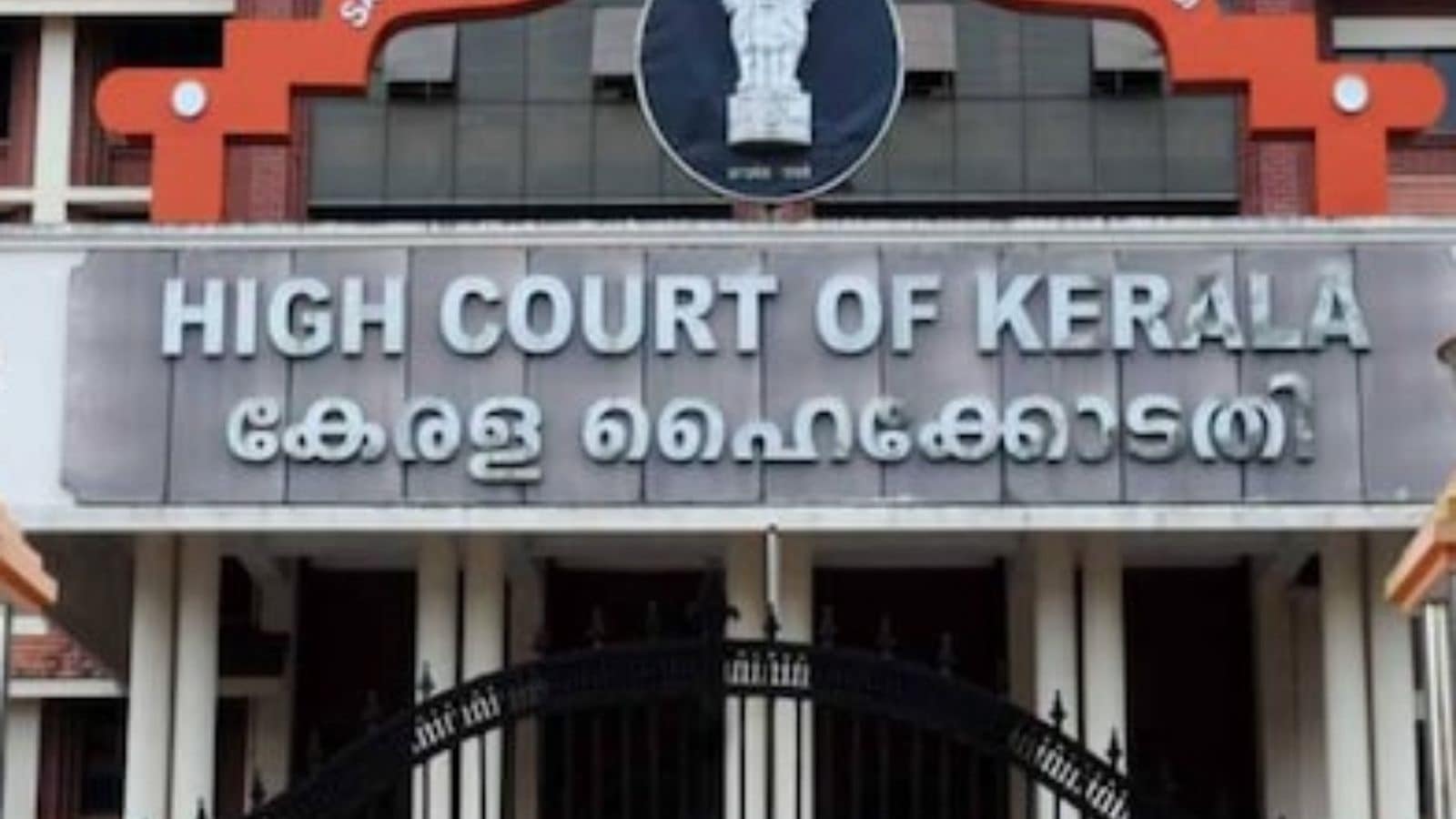


The Kerala High Court recently held that strict proof is not required to determine the age of the minor in every case of child pornography. [Parthasarathi M v. State of Kerala]Justice K Babu emphasised that since child pornography is an offence against the society as a whole, what is to be considered is whether the model in child porn appears to be a child."The provisions dealing with the offence of child pornography punishable under Section 15 of the POCSO Act and the offence of publishing or transmitting material in electronic form depicting children engaged in sexually explicit acts or conduct punishable under the Information Technology Act are to be constructed emphasizing the viewpoint of the audience, the society at large. There need not be any strict proof as regards the age of the model in every case of child pornography. What is relevant is whether the model appears to be a child," the Court held.It further held that the identity of the model also need not be established by the prosecution as it is practically impossible, and that insisting on the same would defeat the objective of the Protection of Children from Sexual Offences Act (POCSO Act).The judgment was rendered on petitions moved by several persons who sought to quash the charges against them under Section 15 of the POCSO and Section 67 of the Information Technology Act, 2000 (IT Act).These offences pertain to possessing and/or transmitting child pornography.One of the main arguments raised by the petitioners was that the age of the persons in the pornographic material alleged to have been recovered from them, cannot be proven to be below 18 years.They argued that the provisions under the POCSO Act shouldn't be invoked unless the prosecution can establish the age of the victim and that determining the victim's age solely from a photo or video is insufficient.The Court in order to address these questions appointed advocates Renjith Marar and John S Ralph as amici curiae to assist it in the matter.Marar, in his written submissions, suggested that there need not be any strict proof and that the model only needs to appear to be a child. Since it is difficult to establish their identity, he said that courts could take assistance of experts to ascertain their age.Ralph on the other hand submitted that the prosecution has to prove the age except in cases where the model is an infant or toddler. He said that since images have no date of birth, an objective test is to be applied to see whether the intention of the accused was to store or possess child porn.After analysing these submissions, the Court opined that the provisions of the POSCO and IT Acts were enacted by the legislature with the intent of preventing child porn. It also reiterated the Supreme Court's view that obscenity is to be judged from the point of view of an average person.In that view of the matter, the Court held that the question of whether the age of a child in a pornographic video is below 18 years, has to be answered on a case-by-case analysis.When the appearance of the model is explicitly that of a child below 18 years, especially when they appear to be an infant or a toddler, the Court said that there need not be any strict proof or expert testimony.However, when the model involved seems to be close to the age of 18, the opinion of a pediatrician or another expert in the field may be needed. The conclusions in this regard will be open to challenge by the defence and the burden of proof would shift in accordance with Chapter VII of the Indian Evidence Act, the Court held."In cases of marginal nature the opinion of the experts, including pediatrician and forensic experts, is necessary for arriving at conclusions on the age. In cases where special circumstances are pleaded as to the age of the model, it is the burden of the party who pleads it to prove the existence of such special circumstances or exceptions, as the case may be," the Court added.As for the petitioners in the present case, the Court analysed the facts of their cases individually and passed judgment based on its conclusions.The petitioners were represented by advocates Mahesh V Ramakrishnan, Mary Liya Sabu, CC Anoop, R Anas Muhammed Shamnad, Archana Haridas K, Sarath Babu Kottakkal, S Rajeev, V Vinay, MS Aneer, Perith Philip Joseph, Sarath KP and Anilkumar CR.Public Prosecutor MK Pushpalatha and advocates NR Sangeeth Raj, C Seena and G Sudheer appeared for the prosecution.
TAGS: erala High Court child pornography age determination POCSO Act Information Technology Act strict proof model appearance obscenity amici curiae forensic experts Indian Evidence Act